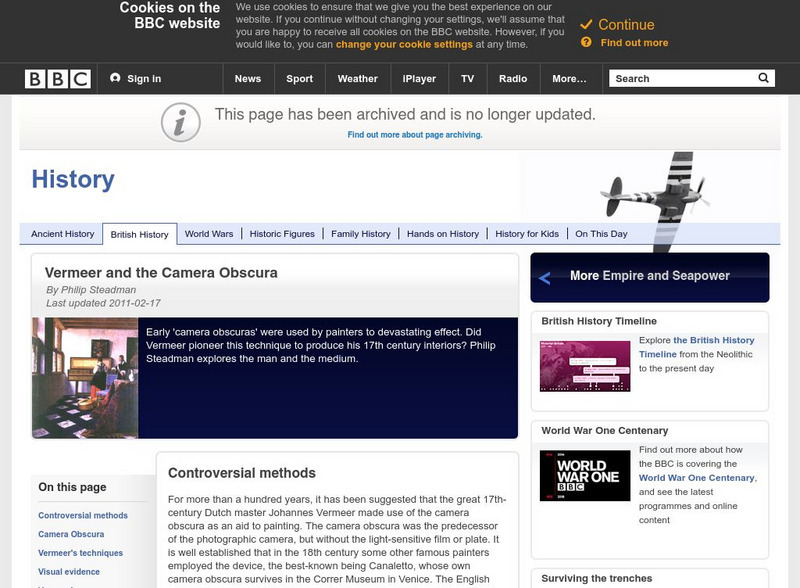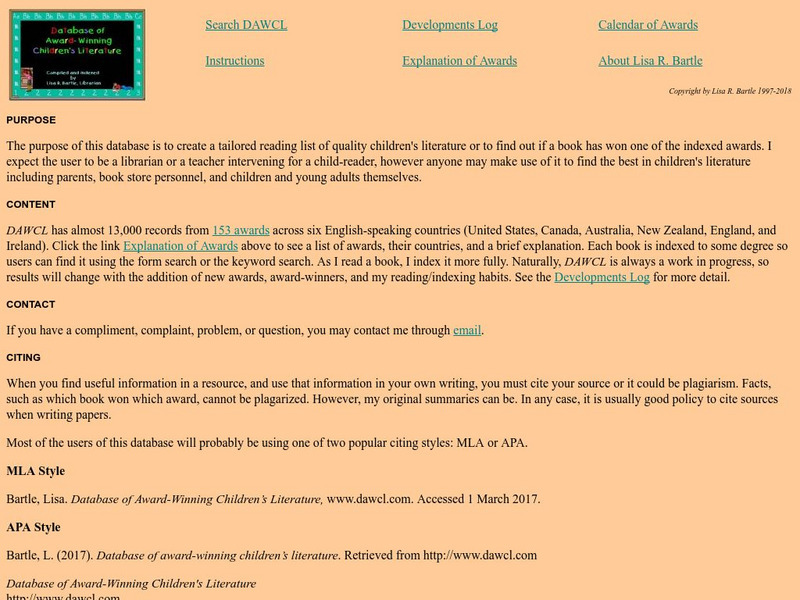Stephen Byrne
History for Kids: Ancient Chinese Science
History for Kids overview on the science and innovations of ancient China. Students learn about the significant impact China made on the world with contributions in the fields of astronomy, chemistry, physics, meteorology and seismology.
University of Florida
Florida Museum of Natural History: Physical Science
This guide focuses on four physical science topics that fascinate children and scientists alike. They are motion, magnets, sound, and light. With your guidance and support, these topics provide children with many opportunities to explore...
Other
History of Islamic Science 3: The Time of Al Razi
In-depth look at Islamic society during the time of al-Razi. Discusses "Arabic Mathematics and Astronomy," "Muslim Alchemy and Physics," "Muslim Medicine," and several well-known individuals such as al-Mahani, inb Yusuf, al-Nairizi, ibn...
Science Struck
Science Struck: Mercury Element Facts
Learn about the history of mercury, its physical and chemical properties, where it is found, its uses, its toxic effects, and some interesting facts.
Famous Scientists
Famous Scientists: Aristotle
A detailed biography of Aristotle (384-322 BC). Discusses his early life, his education, his relationship with Alexander the Great as tutor, the breadth of his work in various science disciplines, the school he established in Athens, and...
PBS
Pbs Teachers: Scientific American: Dragon Science: Time Travelers
Explore the work of archeologists and anthropologists by building a 3-D clay representation of a human skull to look for clues to a person's physical form, ethnic origin, behavioral patterns, health history and social standing.
Science Struck
Science Struck: 16 Interesting Facts About the Indus River
The Indus River originates in Tibet and extends all the way to the Arabian Sea. Learn some interesting facts about its geography, history, and what it is like today.
Science Struck
Science Struck: Sequent Occupance: Definition and Some Examples
Sequent occupance refers to the imprint left on a region by successive cultures throughout its history. The concept is described here and examples of places around the world are provided.
BBC
Bbc: Vermeer and the Camera Obscura
An interesting viewpoint written by Philip Steadman on the controversial subject of Vermeer using a Camera Obscura to trace and create his paintings. There is factual evidence as well as a physical description of the Camera Obscura.
Nobel Media AB
The Nobel Prize: Microscopes Help Scientists Explore Hidden Worlds
This is a site full of information about various microscopes and the objects and processes scientists study with them. Includes timelines and interactive simulations.
Other
Database of Award Winning Children's Literature
This is a phenomenal resource. It allows the user to create a reading list of quality children's literature based of choices such as reading level, type of book, genre, ethnicity, gender, etc. In addition, one can determine if a book won...






